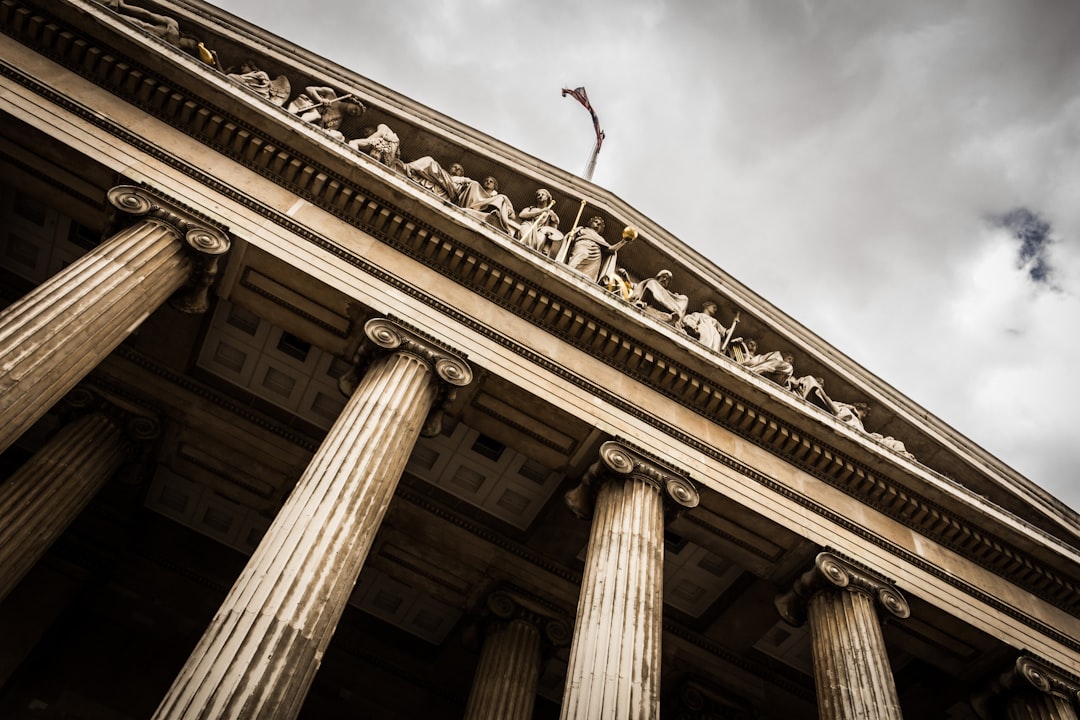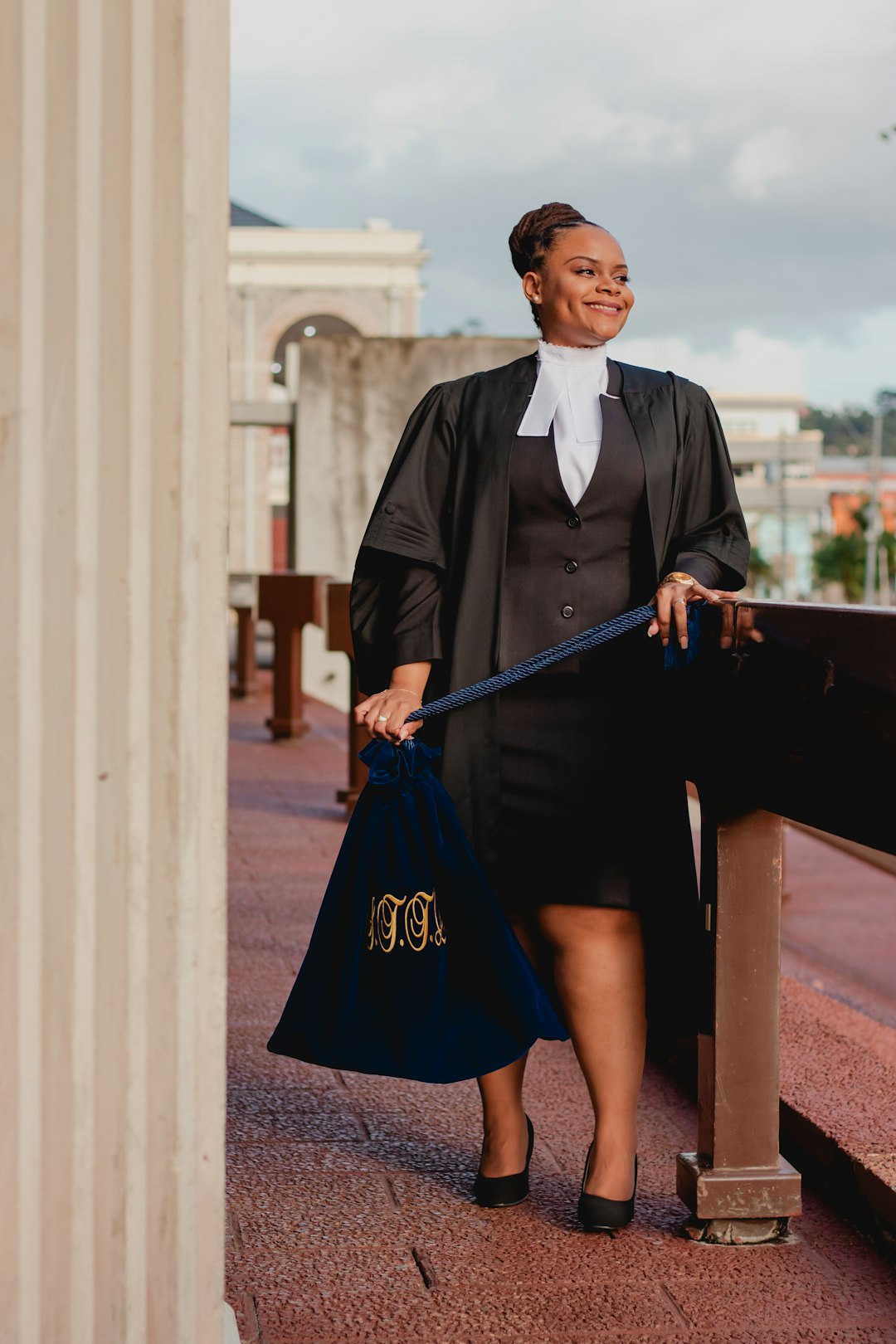Southaven Schools in Mississippi prioritize minor protection in cases involving accused students, balancing accountability and due process through a robust legal framework. They collaborate with juvenile justice systems, maintain clear policies, and involve school abuse attorneys to ensure procedural justice while protecting student rights and well-being. Swift reporting of suspected abuse by staff is crucial, leading to specialized support services for minors facing criminal charges, including legal defense and emotional support.
In Southaven schools, protecting minors accused of misconduct is a delicate balance between ensuring safety and upholding privacy rights. This article explores ethical considerations when a student under 18 faces criminal charges, delving into the legal framework of Mississippi’s juvenile justice system and school policies. We discuss the challenges faced by school officials, the importance of reporting obligations, and available support services for minors involved in the criminal justice system, emphasizing the role of school abuse attorneys in navigating these complex issues.
Understanding Minor Accused Protections in Southaven Schools

In Southaven Schools, protecting minors is a paramount concern, especially when an accused student is involved. The legal framework surrounding minor-accused cases ensures their rights and provides special considerations to navigate sensitive situations. These protections are crucial, particularly in addressing allegations of school abuse by Mississippi school attorneys.
Understanding the unique dynamics at play when dealing with minors who face accusations requires schools to balance accountability and due process. This includes ensuring confidentiality, providing age-appropriate legal representation, and adhering to strict procedural guidelines. By upholding these principles, Southaven Schools can foster a safe environment while also respecting the rights of all students, especially those facing criminal or disciplinary charges.
Legal Framework: Juvenile Justice System and School Policies

In Southaven Schools, as in many places across the country, the ethical considerations surrounding the accused being a minor are governed by the Juvenile Justice System. This system is designed to address the unique needs and circumstances of young people involved in the criminal justice process. The primary goal is rehabilitation rather than punishment, reflecting an understanding that minors are still developing and have potential for change.
School policies often play a crucial role in this process. They can include protocols for reporting suspected abuse or misconduct by both students and staff, ensuring a safe learning environment. Given the sensitive nature of issues involving minors, it’s essential that these policies are clear, comprehensive, and aligned with state laws. When incidents occur, school administrators must collaborate with local law enforcement and juvenile court officials to ensure appropriate action is taken, while also prioritizing the best interests of the minor. The involvement of school abuse attorneys in Mississippi can help navigate these complex issues, ensuring both procedural justice and the well-being of affected students.
Ethical Dilemmas: Balancing Safety and Privacy Rights

When a minor is accused of an offense within Southaven Schools, navigating ethical dilemmas becomes imperative. Balancing safety and privacy rights is a delicate act, requiring careful consideration to ensure justice for all parties involved. The primary concern should always be the well-being and protection of students, especially potential victims. However, this must be executed while upholding the legal rights of accused minors, who are entitled to privacy and fair treatment under the law.
School abuse attorneys in Mississippi emphasize that any investigation must adhere to strict ethical guidelines. This includes minimizing invasion of privacy, respecting confidentiality, and ensuring due process. Protecting the identity of both victims and accused is crucial, especially as these cases can have long-lasting impacts on their lives. Moreover, schools should foster an environment where students feel comfortable reporting incidents without fear of retaliation or further harm.
Reporting Obligations for School Officials and Staff

In Southaven Schools, as in many educational institutions across Mississippi, school officials and staff members have a legal obligation to report suspected instances of child abuse or neglect. This responsibility is crucial for protecting minors and ensuring their safety within the school environment. Any employee who observes or receives information indicating potential abuse, including physical, emotional, or sexual misconduct, must promptly notify designated authorities or the local child protective services.
The reporting process is designed to be confidential, prioritizing the well-being of the minor. School staff members, such as teachers, administrators, and coaches, are trained to recognize signs of abuse and understand their role in preventing and addressing it. Prompt reporting by these individuals can lead to timely interventions and, if necessary, involvement of school abuse attorneys in Mississippi to guide legal proceedings while safeguarding the rights of both the accused and the victim.
Support Services for Minors Facing Criminal Charges

When a minor in Southaven Schools faces criminal charges, it’s crucial to remember that they require specialized support services tailored to their age and needs. Beyond legal representation, there are various resources available to help minors navigate this challenging situation. School abuse attorneys in Mississippi often collaborate with social workers, counselors, and non-profit organizations to provide comprehensive assistance.
These services encompass not only legal defense but also emotional support, academic accommodations, and referrals to mental health professionals. The goal is to ensure that the minor understands their rights, receives appropriate counseling, and can continue their education without undue disruption. Such holistic approaches are vital in fostering a positive outcome and helping the minor heal from any trauma associated with the incident or legal process.






